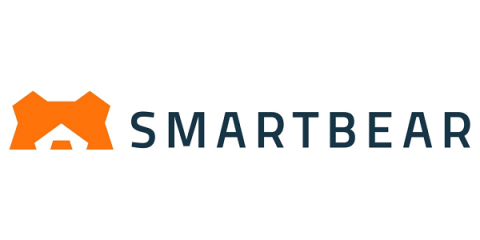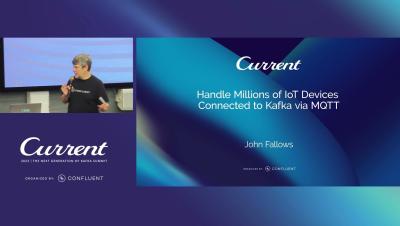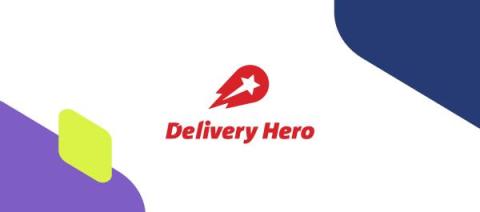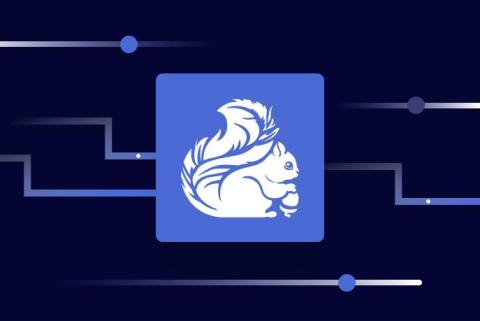Systems | Development | Analytics | API | Testing
Technology
Transforming analytics on the cloud: Supercharge your data applications
Leveraging Kotlin Collections in Android Development
Kotlin has gradually replaced Java as the lingua franca of Android programming. It’s a more concise language than Java, meaning your code works harder and you can build leaner applications. And Kotlin Collections are fundamental. These collections play a fundamental role in our work as programmers by simplifying the organization and management of data. Whether it’s a list, set, map or other data structure, they allow us to categorize and store data logically.
Application Modernization Solutions: Transform Your Enterprise with Cigniti's AI-led Approach
SmartBear Expands AI-driven Test Automation Offering with New Integration for Visual Regression Testing
Handle Millions of IoT Devices Connected to Kafka via MQTT
Cloudera Operational Database (COD) Performance Benchmarking: Comparing HDFS and Cloud Storage
Have you ever wondered how massive business and consumer apps handle that kind of scale with concurrent users? To deploy high-performance applications at scale, a rugged operational database is essential. Cloudera Operational Database (COD) is a high-performance and highly scalable operational database designed for powering the biggest data applications on the planet at any scale.
Delivery Hero at the Mobile DevOps Summit 2023
Delivery Hero’s, Mike Gerasymenko’s (Staff iOS Engineer), took a quick 15-minute session at this year’s Mobile DevOps Summit 2023 on ‘Making your app modular’. Let's dive in to see why it was one of the most-watched sessions of the two-day Summit.
Kensu + Azure Data Factory: A Technical Deep Dive
With 38% of data teams spending between 20% and 40% of their time fixing data pipelines¹, delivering reliable data to end users can be an expensive activity for data teams. With Kensu’s latest integration with Azure Data Factory, ADF users now benefit from the ability to observe data within their Azure Data Factory pipelines and receive valuable insights into data lineage, schema changes, and data quality metrics.
Build Streaming Apps Quickly with Flink SQL Workspaces
At this year’s Current, we introduced the public preview of our serverless Apache Flink® service, making it easier than ever to take advantage of stream processing without the complexities of infrastructure management. This first iteration of the service offers the Flink SQL API, which adheres to the ANSI standard and enables any user familiar with SQL to use Flink.











